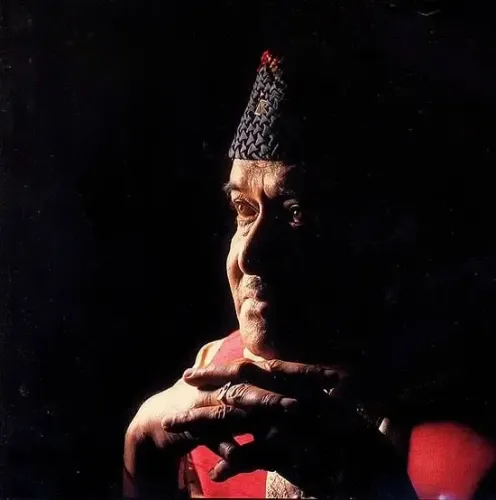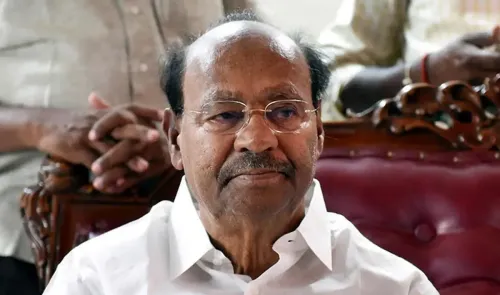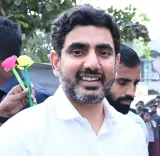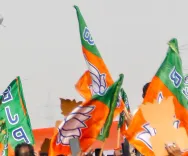Maharashtra Government Mandates FASTag for Toll Payments Effective April 1
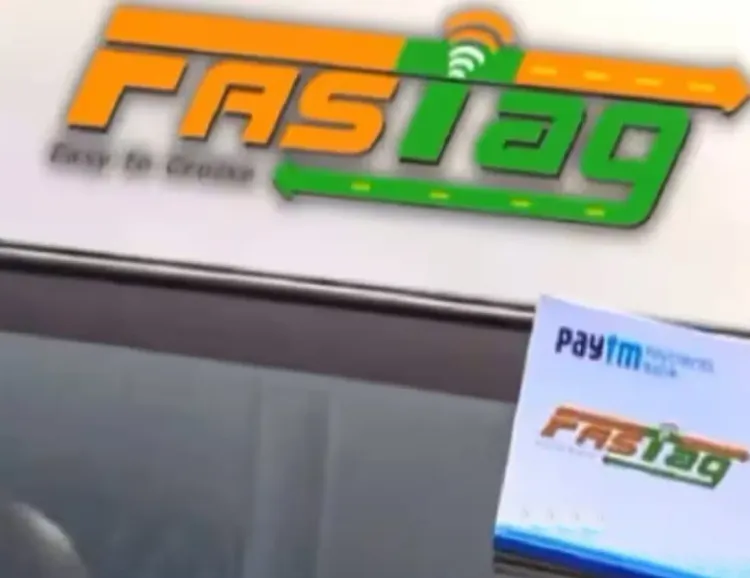
Mumbai, Jan 7 (NationPress) The Maharashtra Government, led by Chief Minister Devendra Fadnavis, has made a significant decision to enforce FASTag as the only method for toll payments at all toll plazas in the state, commencing on April 1, 2025. Vehicle owners will now be obligated to utilize FASTag solely for toll transactions.
Currently, light motor vehicles, two-wheelers, and three-wheelers enjoy exemptions from toll charges at the five entry points of Mumbai. Nevertheless, this new ruling will extend to toll plazas situated on state highways and roads developed by the Maharashtra State Road Development Corporation (MSRDC).
The Cabinet has highlighted that the shift to FASTag payments will promote greater consistency and transparency in the toll collection process. It is anticipated that this measure will minimize vehicular delays at toll booths, resulting in savings on both time and fuel.
According to the official statement, vehicles that enter FASTag lanes without a valid FASTag or attempt to settle tolls via alternative methods will incur a penalty of double the toll fee.
At present, toll collection is operational on 13 road projects overseen by the Public Works Department and nine projects managed by the MSRDC. This new directive will encompass these existing projects as well as any forthcoming toll-collection ventures.
In another pivotal decision, the Cabinet sanctioned modifications to the Public Private Partnership (PPP) Policy of 2014 to simplify administrative protocols. The updated policy aims to enhance governance efficiency and adaptability.
The Cabinet also ratified the release of the revised Maharashtra Government Rules of Procedure, marking the third amendment since their establishment in 1975. These updates, pending the Governor's approval for publication in the Government Gazette, are intended to bolster administrative transparency, operational efficiency, and public engagement.
The amended Rules of Procedure include 48 regulations, 4 schedules, and 1 annexure, categorized into nine sections.
The First Schedule lists the administrative departments of the Ministry, while the Second Schedule pertains to matters that need Cabinet presentation. The Third Schedule addresses issues requiring the Chief Minister's sanction, and the Fourth Schedule involves matters needing the Governor's consent.
The annexure delineates the protocols for the Council of Ministers and Cabinet, along with streamlined processes for introducing legislative proposals. Provisions have also been established to delegate government orders down to the level of Under Secretary.
These updates introduce new responsibilities for the Planning Department and relax procedural requirements to expedite governance.
A study group comprising departmental secretaries, which was established for routine revisions of the rules, carried out a comparative review of practices from other states and the Government of India to propose these amendments.
The Maharashtra government believes these decisions will cultivate a more transparent and citizen-focused administration, ensuring efficiency in both toll collection and governance.



